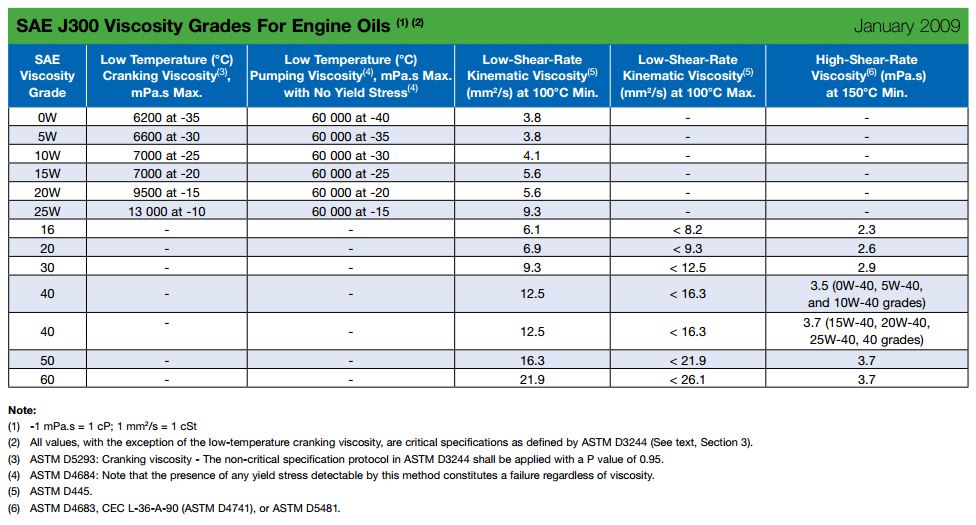I have been using the pre-luber, which I installed 10 years ago, on my 2003 Toyota Echo (currently 133 KM on the engine). The pre-luber uses a 10 Amp motor for pumping oil. When I installed the pre-luber, I used a long hose in my setup which went against the product recommendation of using shortest hose as possible to minimize pumping resistance during cold weather. All these years I have been using M1 5w30 for better cold temperature flow and also as recommended oil grade by Toyota. The pre-luber automatically runs for 10 seconds before engine startup and another 10 seconds after engine shutoff which drains a lot of juice from my Odyssey PC1200 battery. When the temperature drops close to freezing, the pre-luber has a really hard time pumping the oil through the long hose. I always need to turn on the oil pan heater to heat up the oil prior engine startup every winter morning to prevent the 10 Amp fuse from blown. Because the severe drain on the Odyssey batter I have to replace it every 5 to 6 years. Trying to prolong the life of my expensive battery I attached a battery charger (compatible to Odyssey battery) to trickle charge the battery overnight on daily basis. This week I have to replace my 2nd PC1200 battery, which can not even be jumped. I replace it with a bigger one, PC1500. An Odyssey battery is supposed to last 10 years or should at least last longer than regular lead acid battery. I contribute the short life spans of my two PC1200s to the pre-luber application. I am thinking of using M1 0w40 all year around instead of M1 5w30 for better low temperature oil flow to ease the pumping from the pre-luber and, in turn, to reduce strain on the battery. Do you think 0w40 oil will damage my engine due to not enough oil thickness at the low end?
Last edited:


